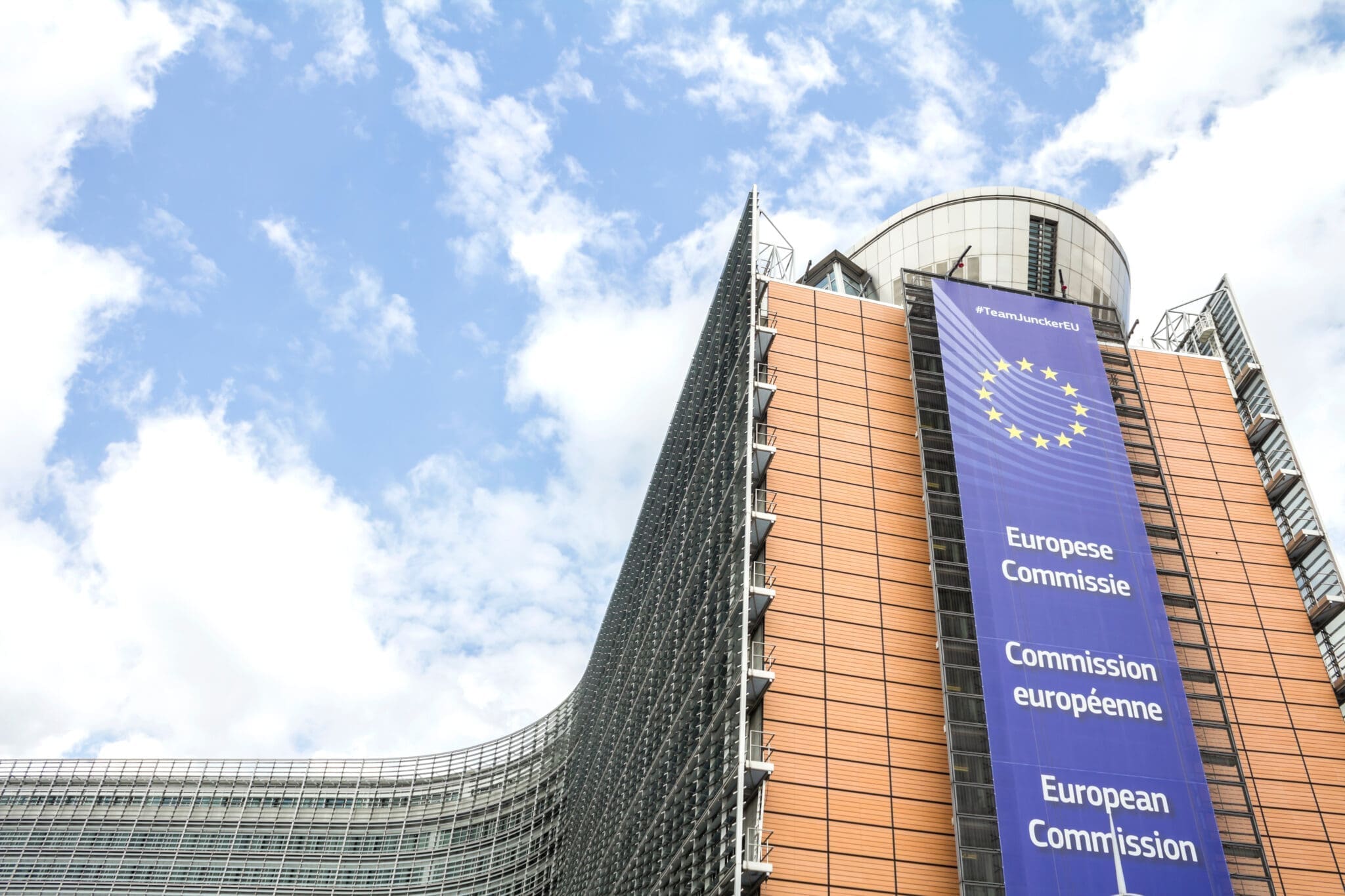Date: 18 November, 2025
Last week, the European Parliament took another decisive step toward finalising amendments to both the Corporate Sustainability Due Diligence Directive (CSDDD) and the Corporate Sustainability Reporting Directive (CSRD), as part of the Omnibus Simplification Package I. And as with every step in the process so far, the vote arrived with its share of criticism, last-minute compromises and political wrangling.
Backed largely by parties on the political right, Parliament approved a series of significant scope reductions that will reshape what thousands of companies will be required to implement in the years ahead.
For many businesses, the prospect of trilogue negotiations beginning this week may feel like a long-awaited reprieve. Over the past year, there has been a litany of proposed amendments that have created a cycle of uncertainty, with the latest revisions now entering negotiations. The burden may be decreasing: higher thresholds for CSRD reporting and the removal of mandatory climate transition plans under CSDDD are no small changes. But political point scoring has revealed a wider truth beyond legal frameworks: consumers, shareholders, investors and employees now expect genuine action on corporate sustainability. These expectations are not receding.
Parliamentary Approval: What Changed?
The vote delivered a number of substantial shifts, especially for CSDDD. As trilogue negotiations begin, the following elements will frame part of the debate:
CSRD Scope: Thresholds have been raised once again. Mandatory reporting will apply to EU companies with more than 1,750 employees and €450 million in net turnover, mirroring the European Council’s previous position.
CSDDD Scope: Only companies with 5,000+ employees and €1.5 billion in net turnover will fall within scope.
CSDDD Due Diligence: Due diligence is now explicitly risk-based, focused on a company’s own operations and Tier 1 partners, with limits on value chain information requests.
Climate Transition Plans: The mandatory inclusion of climate transition plans under CSDDD has been removed, although the obligation to report on climate strategy remains firmly embedded within CSRD.
Civil Liability: Enforcement will sit with individual Member States, rather than a unified EU-level civil liability regime.
What Does This Mean for Businesses?
On paper, the amendments soften the compliance load, particularly when viewed alongside the streamlining of the ESRS reporting framework for CSRD. But the practical reality is more complex.
In recent years, the market has shown that it is not willing to wait for legislators. Investors are demanding visibility into supply chain and climate risks. Consumers are scrutinising sustainability claims. NGOs and media outlets are quick to expose inconsistencies. And high-profile legal cases, whether tied to greenwashing or labour abuses, have hardened expectations around corporate accountability.
In other words, due diligence and transparency have become business-critical, regardless of legal thresholds.
Even companies that are now out of scope will feel the ripple effects. Supply chains are interconnected, and larger in-scope organisations will continue to request CSRD and CSDDD-aligned information from suppliers of all sizes, especially with the introduction of the VSME voluntary reporting framework.
What’s Next?
With trilogue negotiations now underway, the promise of clarity is finally within reach. EU leaders have committed to finalising the legislative package by the end of 2025. If they succeed, businesses will gain the certainty needed to refine risk-based due diligence processes, strengthen data governance and prepare for the first wave of compliance requirements.
Ultimately, companies now face a strategic choice. They can wait for enforcement and hope that operations are already aligned. Or, they can use the next twelve months to proactively embed the systems, processes and disclosure mechanisms that will position them ahead of competitors, regulatory oversight and investor and consumer scrutiny.
Two choices, but only one that is strategic, simpler and commercially credible.
To learn more about Achilles’ CSDDD-aligned supply chain due diligence solutions, or our AI-enabled CSRD reporting platform, Comply360, contact our sustainability experts.


